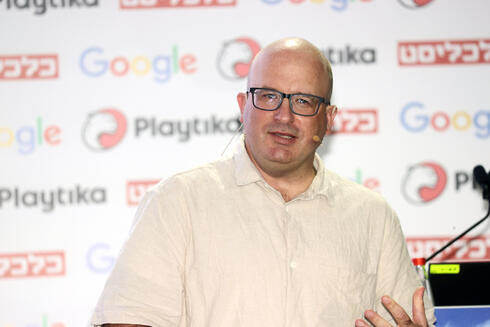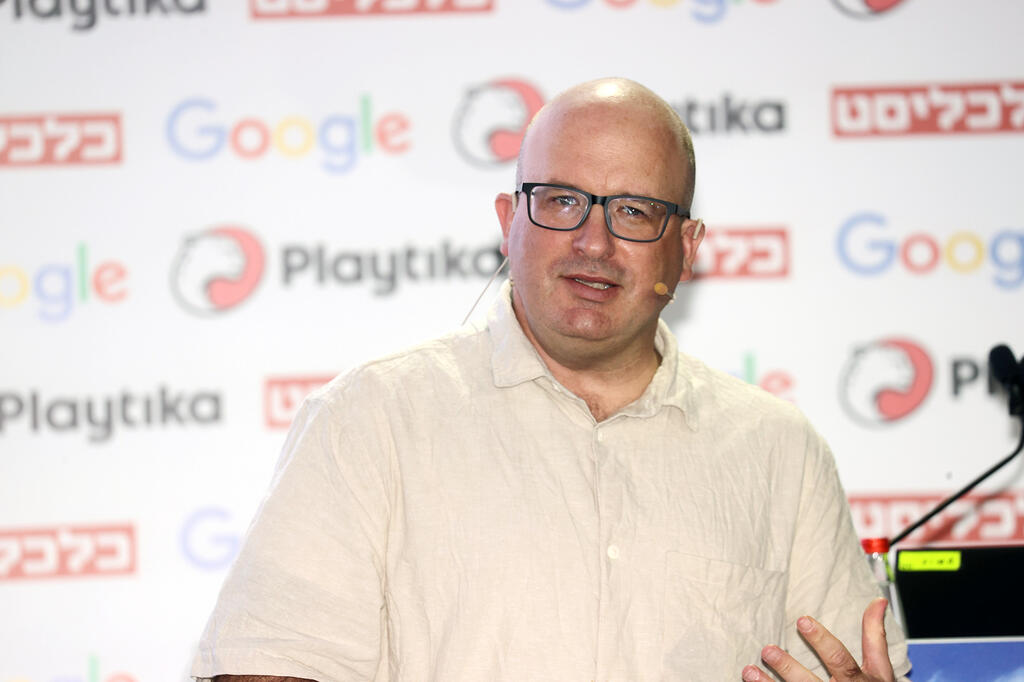
Israeli gaming industry reached $8.6 billion in revenue in 2021
Israel is home to some 190 gaming companies with around 14,000 employees, a 250% increase from 2017
Revenue of Israeli digital gaming companies surged to $8.6 billion in 2021, an eightfold increase over a period of five years, a report by Israeli gaming community GameIS and Deloitte has revealed. Israeli industry revenues accounted for 5% of global industry revenues in 2021 ($175 billion).
According to the report, the sector has experienced an impressive average yearly growth of 54%, with revenues increasing by about 760% over the last five years. The aforementioned market consists only of game distributors, and does not include companies that provide supporting services or that serve the gaming industry.
The GameIS and Deloitte report shows that the gaming industry in Israel is a flourishing market with a great deal of potential. In 2021, Israel was home to some 190 companies with around 14,000 employees. In comparison to 2017, where workers in the field numbered some 4,000 employees, this marks a 250% increase in the number of employees, and an average annual growth of 38%. In addition, there has been an 11% growth in the number of companies during this time frame.
The report surveyed 200 leading companies in the Israeli and international market, among them: Beach Bum, Overwolf, Ilyon, Tiktok, Gliding Deer, Huuuge, Playtika, Gigantic, Remagine Ventures, AppsFlyer, Snap and CrazyLabs.
The GameIS community was established during 2008, a re-birth of IGDA Israel, in order to coordinate the national activities in video game development.
Alongside the data indicating the boom in the Israeli digital gaming industry and its upwards trend, the report presents a number of significant challenges to its continued development. The first is the shortage of quality local workforce. This is an issue that exists not only in regards to developers, a known problem in the high-tech industry as a whole, but also in the lack of workforce in other fields required for the distribution of games, such as artists, content creators and designers. The workforce challenge is problematic for many reasons, among them, due to a low number of training programs dedicated to the gaming industry – 12 in total, of which, 6 are run by universities or colleges. In addition, developers from foreign countries have difficulty obtaining work visas in Israel.
As for governmental support, the main driver for this aspect of the field in the Israeli economy is the Israel Innovation Authority. Today, the authority focuses primarily on technology as the core of its expertise, and has not yet been required to assess the quality or potential of games that require the use of tools from other disciplines. In the digital gaming industry, in the early rounds of recruitment, gaming companies try to raise funds while focusing on product development in a new style of gameplay, storylines, art, graphics and more, and there is no focus on new, groundbreaking technologies. In addition, in Israel, the concept of grants, incubators or programs to support games with the support of the state or any of its authorities, has not yet taken off. This lack of experience and focus poses significant challenges for new gaming companies when it comes to gaining experience and receiving funding for game development.
In order to address the challenges noted, the report reviews incentives and subsidies which can help support and grow the gaming industry, as demonstrated by countries that have had significant growth in the industry in recent years, such as Poland and Canada - countries from which it is evident that successful tax programs and incentives can encourage growth and investment in the gaming industry.
“In this report we base the size and the importance of the digital gaming sector in Israel as part of the wider hi-tech sector,” said Guy Ben-Dov, Volunteer Chairperson of GameIS. “A strong gaming industry will greatly benefit the State of Israel. In order to enable the industry to grow and fulfill its potential, it’s important that the regulator and the market understand Israel’s unique bottlenecks, which are indicated in the report, and learn from the effective incentives and programs used around the world that have propelled local industries forward in a way that will also generate adequate revenues for the country.”
Manuel Gelernter, Senior Manager and Head of Business Planning Team, Deloitte Israel said: “Israel is an international leader in the casual gaming market, the performance marketing industry and in advanced monetization techniques. In the past five years, the branch in Israel is experiencing unprecedented growth and attracts a lot of interest. In order to expand the growth into additional areas in the industry of game development, government support is needed in the form of investment in human capital in general and funding game studios in their early stages in particular. Similar government incentives were given in Poland, Canada and Germany, and contributed to create significant value to the industry and local economy.”















